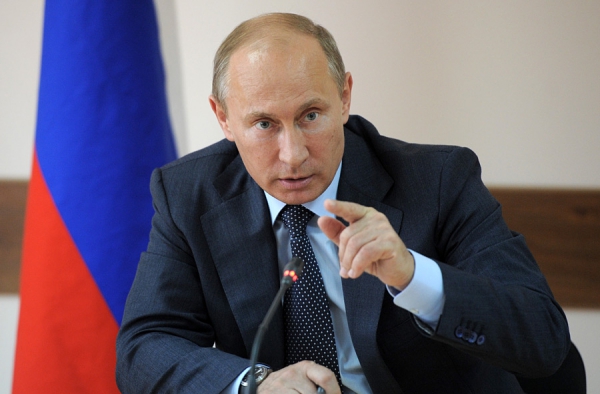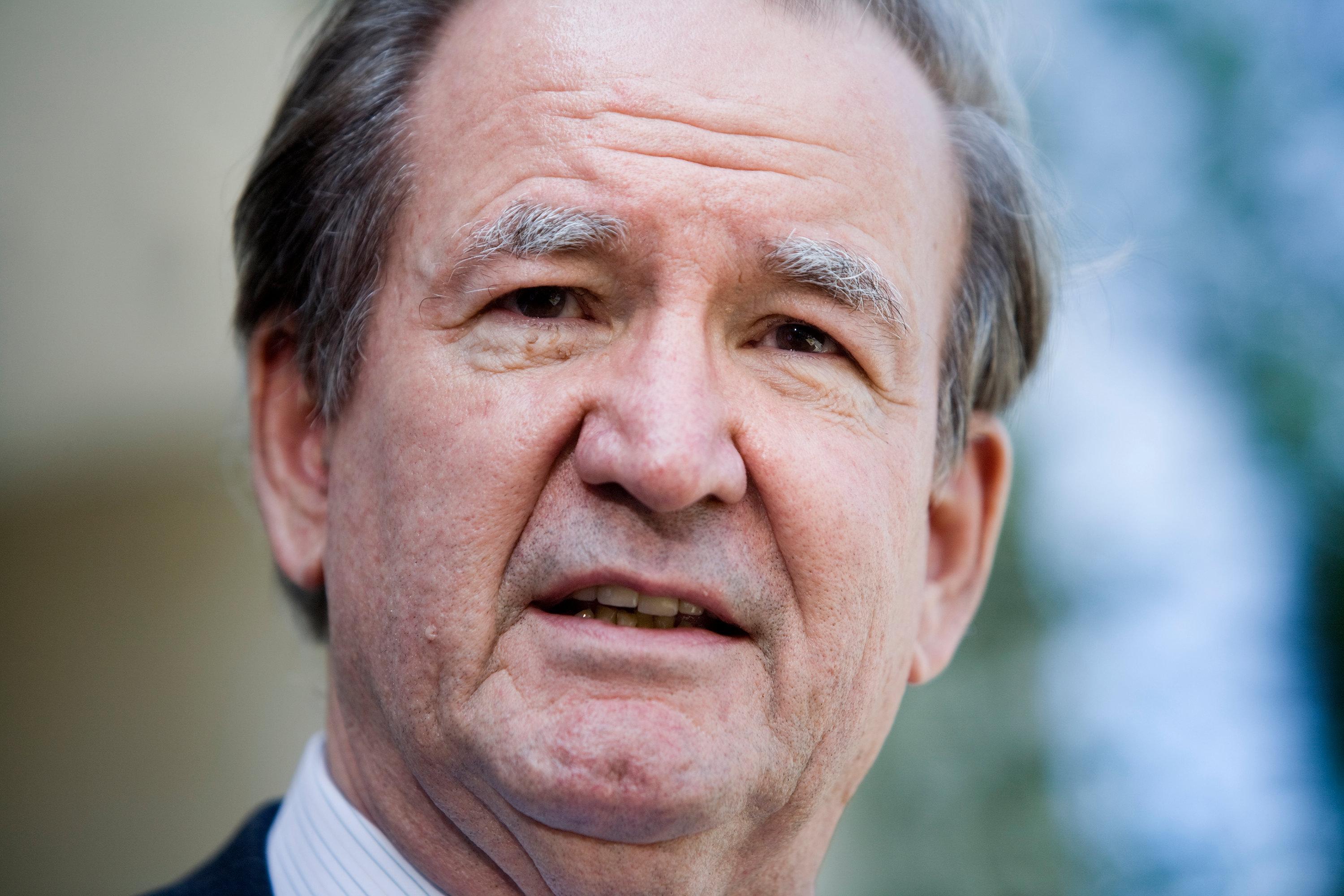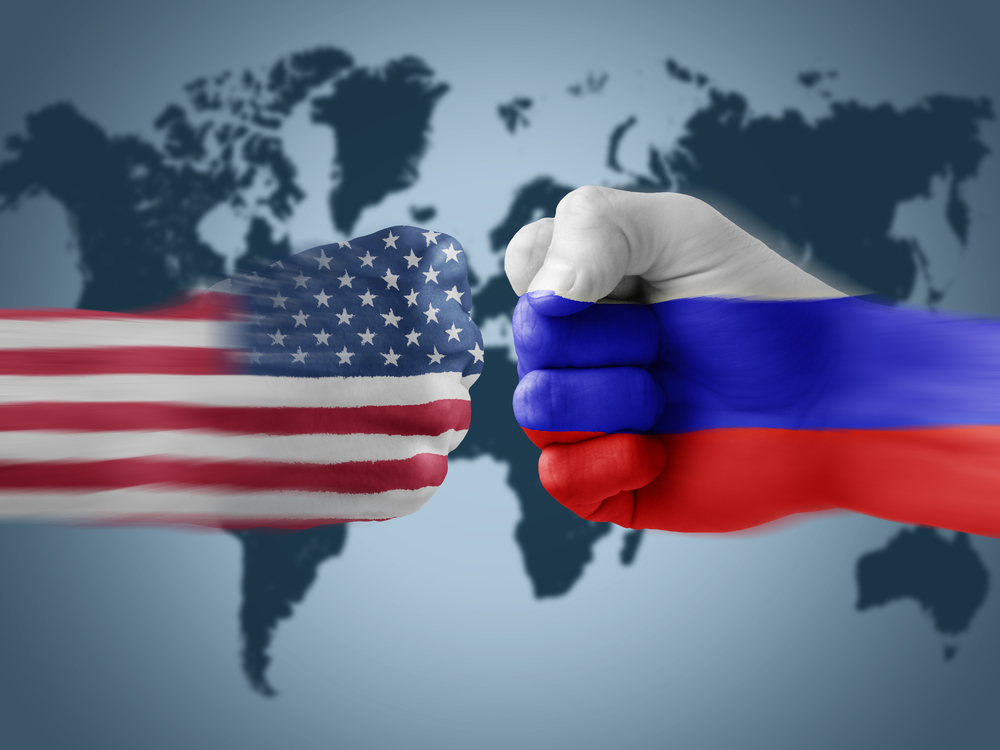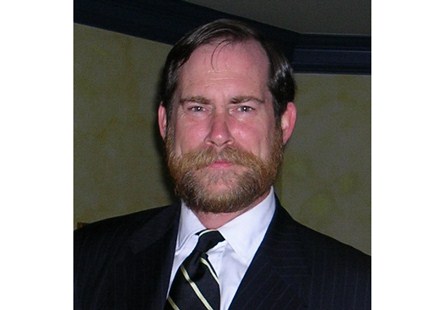
Patrick Armstrong
former political counselor at Canadian Embassy in Moscow
An important part of the Obama Administration’s new approach was the improvement of US-Russia relations and accordingly Obama, soon after taking office, began to speak of a "reset” in relations. Secretary of State Clinton formally launched the "reset” in Geneva with Lavrov on 6 March 2009. She presented him with a "reset button”. Nothing wrong with that as a symbol and something to put on his desk except for the fact thatthe wrong word was used and that wrong word was written in the Latin alphabet. Are we to assume – Clinton said"we worked hard to get the right Russian word”– that the US State Department has no Russian translators or no people who know that the Russians have their own alphabet? Of course not, but she evidently couldn’t be bothered to consult them. Microsoft and Apple, by the way, know the right word and what alphabet to use. An amateurish beginning to something that was presented as a serious policy change.
But, in my opinion, revealing: if she got something so simple so wrong, was the "reset” ever a thought-out policy? Or was it just a transitory rhetorical flourish?
Yes missile defence installations in Poland and the Czech Republic were cancelled.But missile defence is very far from off the table and Russia’s concerns are still brushed off as not being worthy of a serious response.
Yes, after years and years, Russia is a member of the World Trade Organisation but the absurdly obsolete Jackson-Vanik Amendment endures. Possibly to be replaced by the "Magnitskiy List”.
Yes, Saakashvili is no longer loudly praised but Russia still"occupies” Georgian territory. There is no indication of any reconsideration of that bumper-sticker, and formally incorrect, view.
NATO expansion, arguably the most neuralgic issue for Moscow, has stopped, butit’s still Washington’s official policy.
And the nuclear weapons agreement – not trivial, to be sure, but something that would likely have happened anyway. And, even though it’s not fashionable to say so: perhaps these agreements are not as important as they once were.
There is still no understanding that Moscowhas few reasons to, and several good reasons not to, trust mere assertions. We, Washington and the rest of us dragged in its wake, may indeed be the "good guys” but we need to do some work on keeping our promises.
So some progress here and there but nothing to suggest any real effort to "reset” the assumption that Russia’s point of view is not to be taken seriously. Missile defence? We’ve told you it’s about "rogue states” with nuclear weapons and delivery systems and not Russia; you’re being obnoxious when you doubt our word. Ossetians and Abkhazians? They’ve been annexed by Russia and their opinion is worthless. Trade with Russia? Not without conditions. NATO expansion? Still a good idea, if not quite now.
But this small progress stopped with Russia’s elections.I have written elsewhere about BelayaLenta.com, "independent vote monitors”, the strange events in the US branch of Amnesty International. And then we come to the charge thatMoscow prevents "progress”(what progress?) on Syria. For the Obama Administration, Russia remains deeply "undemocratic” and an obstacle. It’s as if there had been no "reset” at all.
So the "reset” seems to have been a stunt with nothing much behind it. And, at the end of 2012, relations between the US and Russia aren’t much better than they were four years ago. For official Washington, Russia is still an object of visceral suspicion, rooted mistrust and wilful incomprehension.


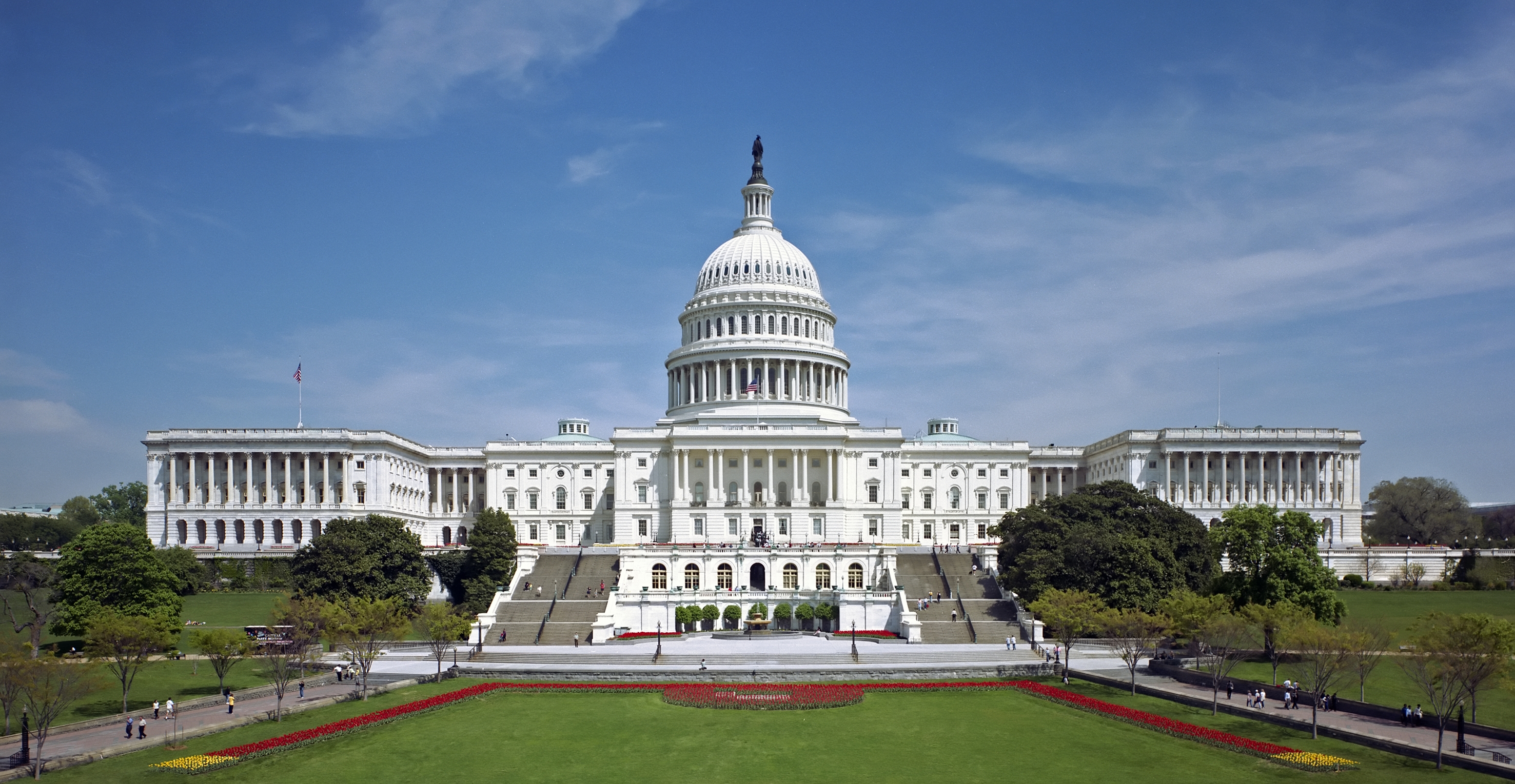
_jpg/250px-ElbeDay1945_(NARA_ww2-121).jpg)

